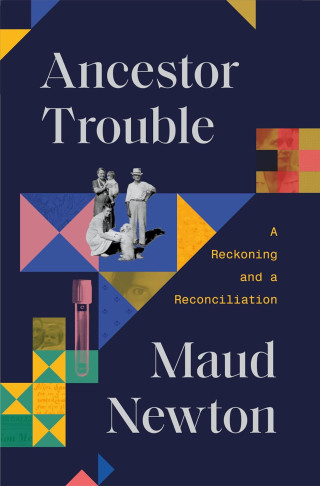More than 20 years ago, when I was in my early 30s, I felt I had to protect myself by choosing estrangement from my father. But one effect of having an overt white supremacist for a parent was that I always knew about my enslaver ancestors. Unlike many white people in this country, I didn’t have the option of turning away – of choosing denial.
As years went by, I continued to think about my family’s harmful legacy. I often felt alone in this preoccupation. Even in heart-to-hearts with friends and family, my impulse to engage with these histories frequently seemed to puzzle people. And with an intuition about systemic racism but no deep understanding of or language for it, I struggled to explain why wrestling with my family’s connection to slavery was important, not only to me but more broadly.
A few years after I cut ties with my father, I started researching my genealogy on Ancestry.com. At first I focused mostly on my mom’s side, which featured a slew of over-the-top Texans: the grandfather who’d purportedly married 13 times, the great-grandfather who’d killed a man with a hay hook, another great-grandfather who was said to have been a Dallas communist.
But I also researched my paternal ancestors, hoping to find that my father had exaggerated our ancestors’ involvement in slavery. I guess at some level I hoped to find that I didn’t come from enslavers, after all.
Instead, poring over census data and wills, I discovered so many paternal ancestors enslaving people – six bound by my fourth great-grandfather, Jesse Newton of Drew county, Arkansas; eight bound by my fourth great-grandmother, Sarah Tucker Hampton of Holmes county, Mississippi; 19 bound by my fourth great-grandfather, Jordan Bailey of Lexington county, Mississippi; and on and on. I struggled to keep track of who all these forebears were. I felt sick and disgusted, and also determined not to look away.
Without fully realizing it, I progressively aligned myself ever more closely with my mother’s people, assigning one side of my family the role of “racist” and the other side the role of “not racist” – or “not fundamentally racist.”
But then I uncovered ancestors who enslaved Black people on my mom’s side, too. These were forebears of my beloved Texan granny, whose hardscrabble childhood had always been a point of pride for her – and, I was realizing, also for me. The discovery was a gut punch, but a critical, enlightening one. A memory returned of Granny, after working long hours on her yard, referring to what she’d been doing as “N-word work.” The truth had been there for me to see all along.
